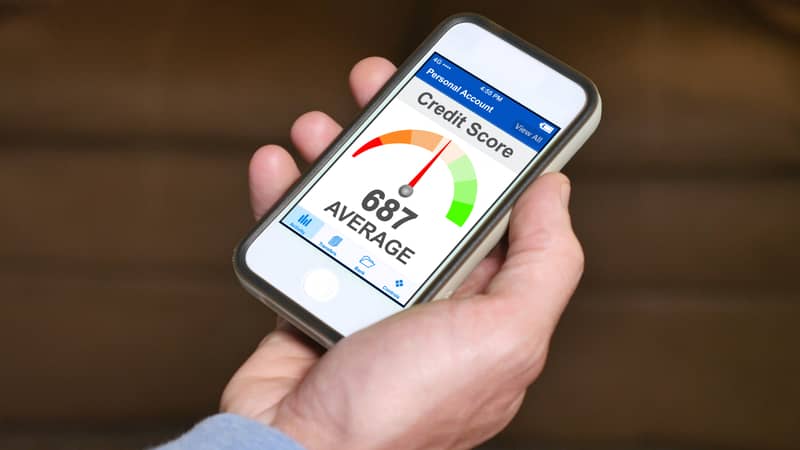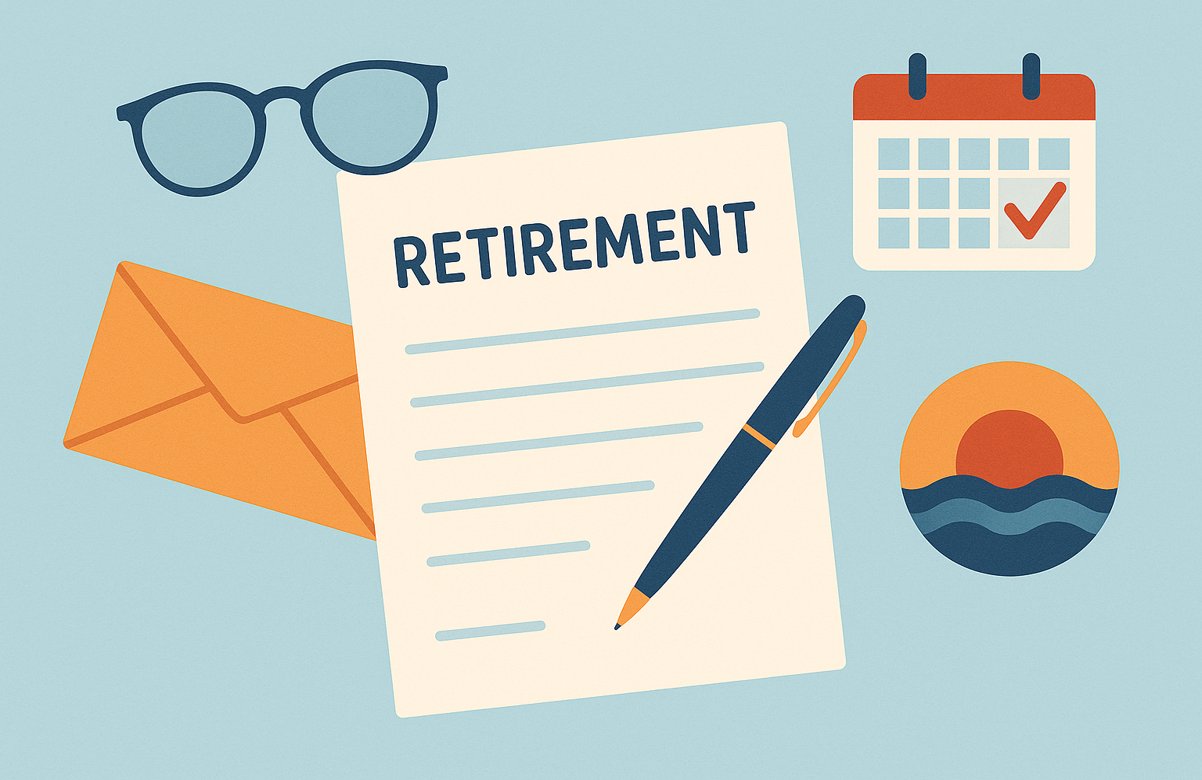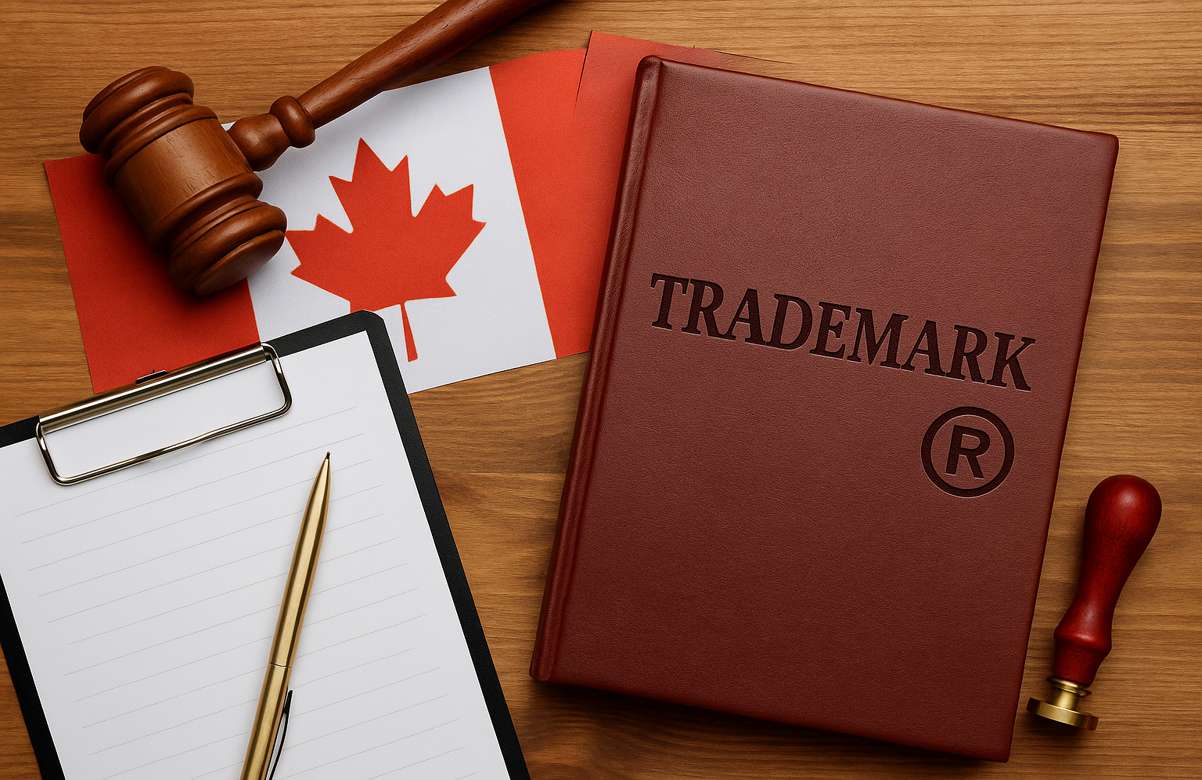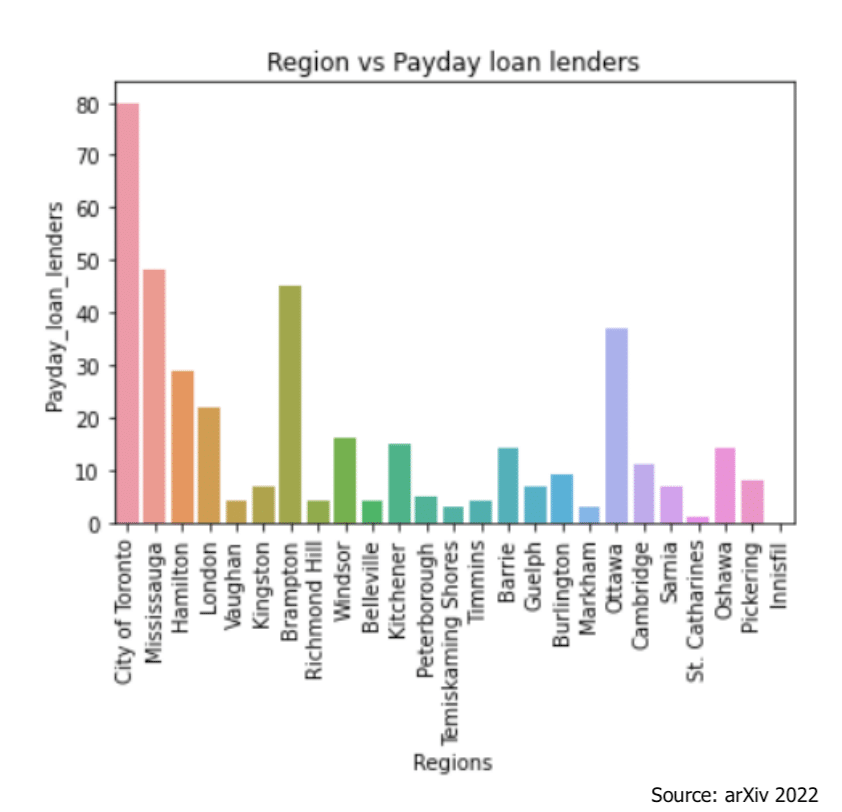A good credit score can go a long way in Canada when it comes to getting approved for a credit card, line of credit, or loan. So if you’re planning to borrow funds or apply for any type of credit, you should know what a good credit score looks like.
What is a credit score?
A credit score is a 3-digit number that helps lenders judge your ability to pay back loans and manage credit. Private companies known as credit bureaus (or credit reporting agencies) compile the information needed to establish your credit score.
The two credit bureaus in Canada—TransUnion and Equifax—rely on data from various sources to track and evaluate your credit history, including:
Why your credit score is important
Having a good credit score can help you access all those funds and credit products that make our lives easier to manage, including:
- Mortgage loans and rent application approvals
- Personal loans and lines of credit
- Credit cards
Maintaining a good credit score can also reward you with better terms and interest rates in many cases.
What does a good credit score in Canada look like?
Credit bureaus and lenders in Canada use a variety of models to determine what constitutes a good credit score.
In general, however, their calculations are based on five weighted factors:
- Your payment history (represents about 35% of your score)
- The amount of approved credit you’ve used, versus how much is still available (30%)
- The length of your credit history (15%)
- Any bankruptcies or collection issues you’ve had (10%)
- The number and type of credit inquiries into your file (10%)
When taken together, these factors reveal a credit score ranging from 300 to 900. The higher your score, the more likely you are to get a loan or credit application approved.
SO, what does a decent score look like?
- 660 to 724 is generally considered a good credit score in Canada
- 725 to 759 is considered very good
- 760 and above is considered an excellent score
You should also know that your credit score will change as your credit history evolves. Any debt you’ve acquired or repaid in previous years, for example, can impact your credit score in the future.
Checking your credit history
The easiest way to keep tabs on your credit history is by requesting a copy of your credit report from Equifax or TransUnion. Not only can you get your credit report free-of-charge (and your credit score for a small fee) checking your own report doesn’t count as a credit inquiry and won’t affect your credit score.
How to get (and keep) a good credit score
If your credit score isn’t as good as you’d like it to be, there are a number of things you can do to improve it.
Build a solid credit history.
If your score is low or non-existent because you’ve yet to build a strong credit history, a good way to start is by getting a credit card for essential expenses (like groceries and gas) and using pre-authorized payments to ensure you pay it off every month. Just be careful not to go over your credit limit or you may see your credit score drop.
Checking your credit history
The easiest way to keep tabs on your credit history is by requesting a copy of your credit report from Equifax or TransUnion. Not only can you get your credit report free-of-charge (and your credit score for a small fee) checking your own report doesn’t count as a credit inquiry and won’t affect your credit score.
Minimize loan and credit applications.
The more you avoid needlessly applying for credit (think payment plans for non-essentials, surplus credit cards, and cell phone or internet provider swap-outs) the less likely you are to take on unnecessary debt and trigger the multiple credit inquiries that can lower your credit score.
Pay your bills on time, every time.
From credit card statements to utility bills, you can improve your credit score simply by making all your payments on time and in full every month (if you’re having trouble paying your bills, try to at least meet any minimum payment requirements and be sure to talk to your lender).
How to get (and keep) a good credit score
If your credit score isn’t as good as you’d like it to be, there are a number of things you can do to improve it.
Follow the 35% rule.
Canada’s Financial Consumer Agency recommends using less than 35% of your available credit if you’re trying to lower your credit risk profile and improve your credit score. To keep your credit usage rate low, add up the credit limits on all your current loans, lines of credit, and credit cards, multiply the total by 35%, and try not to use or borrow more than that amount at one time.
Bottom line
In Canada, your credit score plays an important role in demonstrating how credit-worthy you are. By consistently aiming for a good credit score (or better), lenders are less likely to view you as a high-risk borrower—and more likely to approve the everyday credit and funding you need.
Frequently asked questions about credit scores in Canada
How long does it take to build a good credit score?
Since credit bureaus need to see a track record of how well you manage credit before they can calculate your credit score, building a good credit history takes time. You’ll need at least six months’ worth of credit activity to generate any kind of credit score.
Can I still apply for loans or credit without a good credit score?
While it can be harder to get credit or borrow money with a credit score below 660, it’s still doable—especially if you work with a private lender, have the collateral to support a secured product, and/or are willing to pay higher interest rates.
Do I need a good credit score to rent a house or apartment in Canada?
Since landlords and rental companies will typically check your credit history, having a good or above-average credit score goes a long way to getting a rental application approved. That said, some smaller landlords are more flexible in the way they evaluate potential tenants.
Does every credit inquiry affect my credit score?
Hard inquiries (like lenders reviewing your credit report when you apply for a loan or credit) do impact your credit score. Soft inquiries (like credit self-checks, account monitoring by current creditors, and inquiries from companies making pre-approved credit card offers) generally do not.














